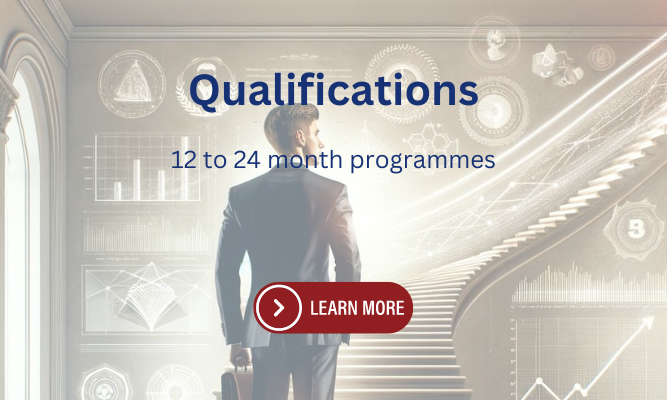COURSES 2026
Request for one of our consultants to call you back
Filter
Type:
Category:
Financial Reporting
Accounting
Business
Management
Conflict and Team Dynamics
Leadership and Team Management
Regulatory Compliance and Legislation
Practice Management
Personal & Professional Development
Accounting and Finance
Microsoft Excel Modules
Microsoft Excel Courses
Ethics and Professionalism
Banking
Bookkeeping
Personal Ethics
Accounting
Business
Management
Conflict and Team Dynamics
Leadership and Team Management
Regulatory Compliance and Legislation
Practice Management
Personal & Professional Development
Accounting and Finance
Microsoft Excel Modules
Microsoft Excel Courses
Ethics and Professionalism
Banking
Bookkeeping
Personal Ethics



















